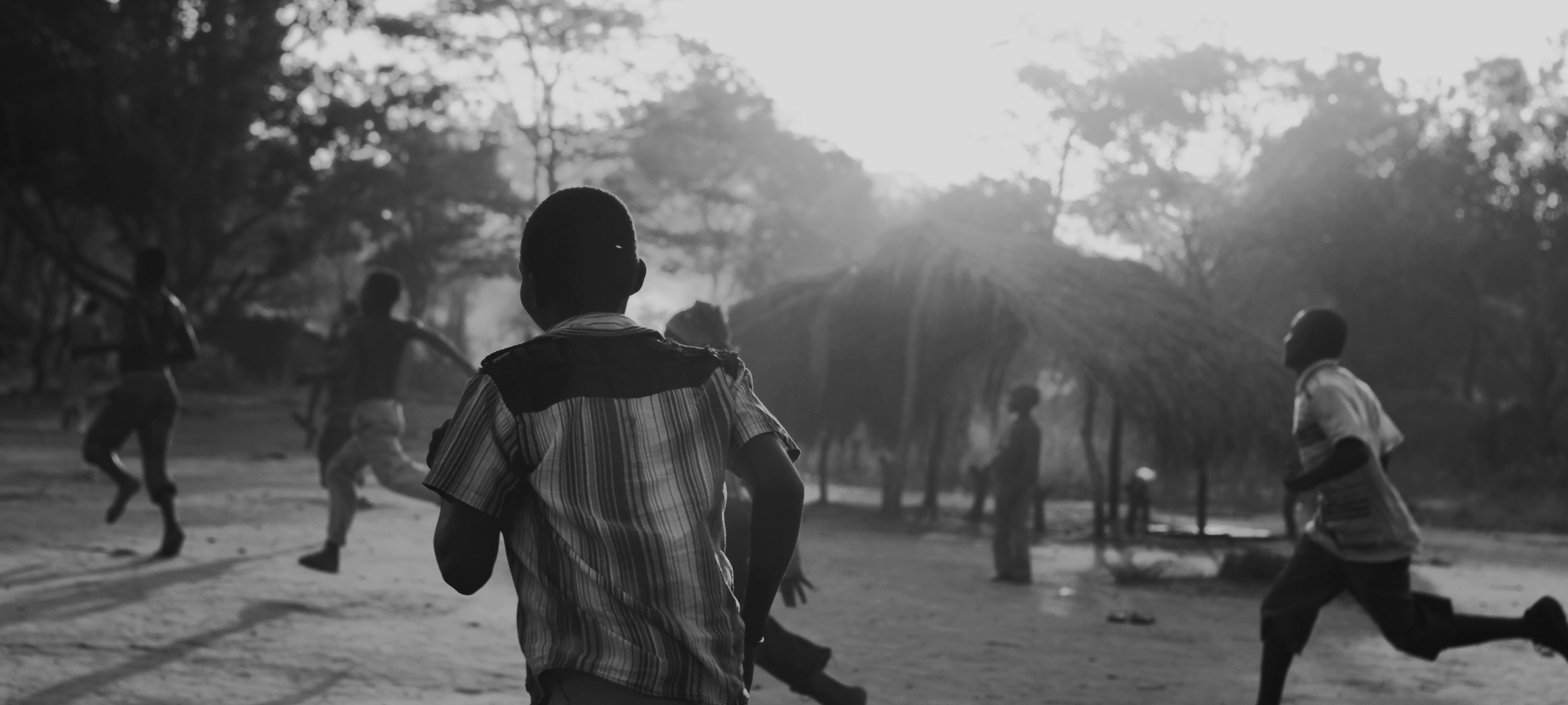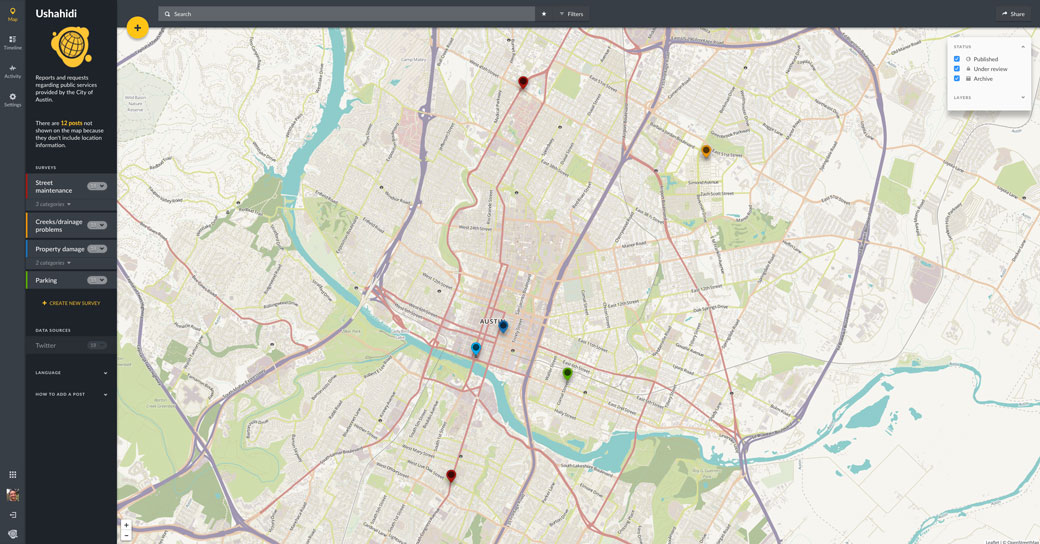The Ushahidi team who worked with us were extremely thoughtful and engaged with the project team to make sure that the end product fit the needs unique to this undertaking. They brought strong expertise to carry out the technical aspects of the work and we deeply appreciated their thoughtful consideration of the challenges specific to this project
Project Background
An unknown number of people have been killed in conflicts in South Sudan, the most recent of which started in December 2013. The lack of an official death toll makes it very difficult to ascertain the human impact of the violence, and impossible to honour the memory of each person who has died or gone missing.
A small group of civil society volunteers from South Sudan began compiling a list of victims, calling on civilians to send details of their lost friends and loved ones. Over 4000 names have been gathered so far.
With support from the World Peace Foundation at Tufts University, the volunteers sought to create a memorial website as a way to bring wider attention to the shared suffering, give additional meaning to cries for peace, and acknowledge South Sudan’s painful legacy and past. This recognition, a form of symbolic reparations, is intended to help survivors in their process of healing, and contributes to reconciliation amongst individuals and communities.
Building a Solution
Ushahidi’s Solutions team built a customised memorialisation website on top of the Ushahidi data collection platform, and provided:
- A custom look and feel designed to be respectful and minimalistic
- Four custom-built data visualizations of the data collected, revealing hidden trends in victims’ age, gender, and location of death
- A data management dashboard for administrators, allowing them to log in securely and manage incoming reports
- Four methods of allowing users to submit testimonials, through:
- A web form
- SMS

The list of names already collected was uploaded onto the site, and immediately became filterable by date of death or disappearance. The victims’ last known locations were also plotted on an interactive map, showing the spread and density of the violence.
Ushahidi also:
- Advised the team on how to overcome the difficulties involved in setting up an SMS gateway in South Sudan
- Provided live training on exactly how to use the platform to view, manage, edit, and publish incoming testimonials
- Delivered a detailed training manual, custom-written for the project, to help the volunteers train other members of their team in future.

Outcome
Ultimately the project aims to raise greater and greater awareness of the death toll over time. Reaching a wider audience through a more accessible, navigable, and visible database of victims and integrating multiple ways for citizens to send testimonials contribute to this goal, while reducing the overall time the volunteers need to spend managing and verifying names.

